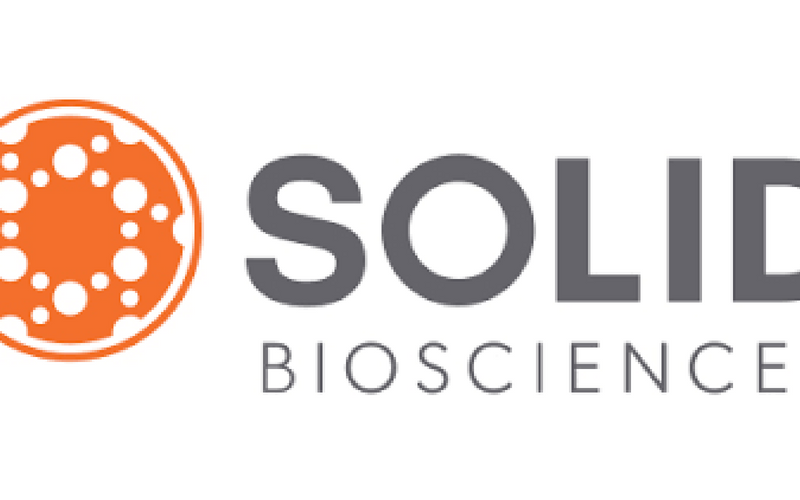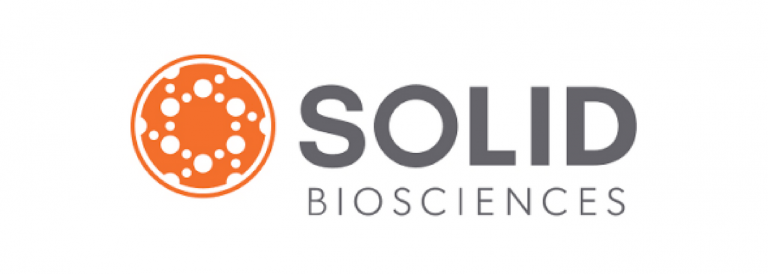Solid Biosciences have announced preliminary data from their phase 1/2 IGNITE-DMD clinical trial that is testing the safety and effectiveness of SGT-001, an adeno-associated virus (AAV) gene therapy. Researchers hope the potential therapy will lead to production of a small, but functional form of dystrophin called a micro-dystrophin.
This potential therapy could be applicable to all Duchenne patients regardless of dystrophin gene mutation. The trial is being conducted with the University of Florida, USA, and boys aged 4-17 are eligible to take part, regardless of walking ability.
The preliminary results show that 3 months after boys were given SGT-001, muscle biopsies showed detectable amounts of micro-dystrophin. However, the levels of micro-dystrophin in the samples were too small for absolute quantification.
Importantly, no safety concerns have been reported and the results are seen as generally positive. Solid is now consulting with appropriate experts for agreement to continue the trial with a dose-escalation (which will increase the dose of SGT-001 in the next group of patients) as soon as possible. Patients are already enrolled for the next dose level.
“We believe that SGT-001 will be a meaningful treatment for patients with DMD and are confident we have the right approach in place to evaluate its potential at higher doses. We have already begun working to expedite the planned dose escalation strategy outlined in our clinical trial protocol,” said Ilan Ganot, Co-founder, Chief Executive Officer and President of Solid Biosciences.
Find out more
Contact Neil Bennett, Director of Research, to find out more on 020 7250 8240
More about potential therapies for Duchenne



 Family urge PTC to fight for Translarna approval
Family urge PTC to fight for Translarna approval
